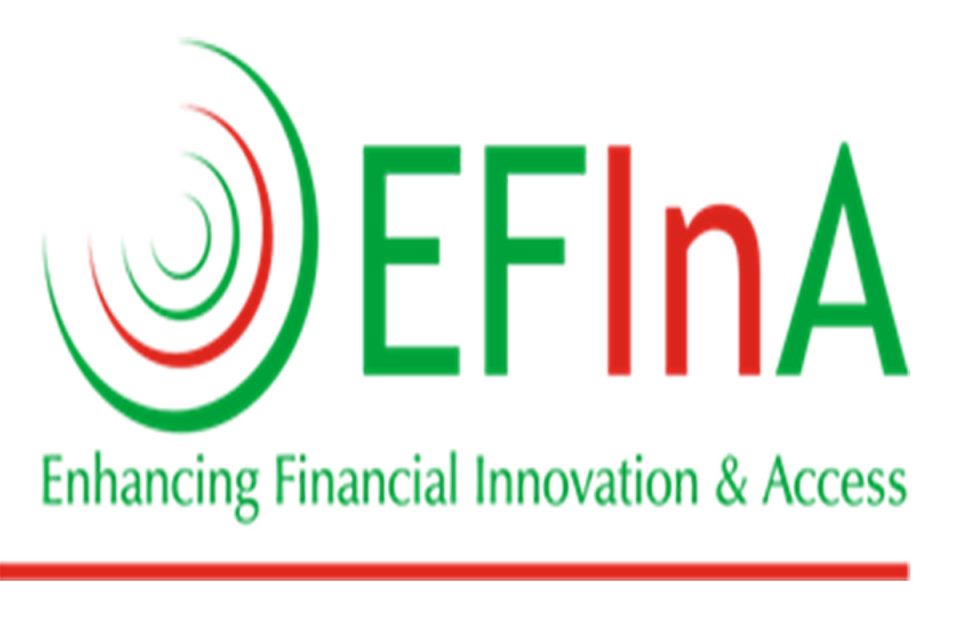Enhancing Financial Innovation and Access (EFInA) has identified low level of education, income and lack of trust for Financial Service Providers (FSPs) as major causes of gender gap in financial inclusion in Nigeria.
Ms Ashley Immanuel, Head of Programme, EFInA disclosed this while presenting a report on Assessment of Women’s Financial Inclusion in Nigeria at the EFInA’s 2019 Financial Inclusion Conference held in Lagos on Monday.
The conference had the theme: ”Unlocking the Potential in Every Nigerian: The Path to Inclusive Economic Growth”.
EFInA is a financial sector development organisation established in 2007, aimed at promoting financial inclusion in Nigeria.
The research, based on which the report was presented, was done in collaboration with the Central Bank of Nigeria.
“Over the past ten years, the financial inclusion gender gap has been persistent and has even grown slightly, and so we did a research to really understand why that gender gap still exists and ways to address it.
“We found that a few key factors emerged as key for financial exclusion, which are income, education and trust in financial service providers, and those were significant for both men and women.
“We also noticed that because women tend to have lower levels of education, income and trust for financial service providers, it contributed to the gender gap in financial services.
“A gender gap was also noticed when we looked at formal or regulated financial services like bank accounts which really means that providers like banks are not reaching women as well as they are reaching men,” she said.
Immanuel said that three other factors; adult women that are single, those that do not own mobile phones and also those in the south versus north, contribute to the financial inclusion gender gap.
She pointed out that the National Financial Inclusion Strategy (NFIS) launched in 2012 was to reduce financial exclusion to 20 per cent of the adult population, but, according to the revised NFIS, Nigeria was not on track to achieve its 2020 target.
The head of programme said that the financial exclusion stands at 36 per cent for women and 24 per cent for men and the relative gender gap to financial inclusion was 20-30 per cent.
She said that in contrast, comparator countries in Africa such as Kenya, South Africa, Tanzania and Uganda all exhibit decreasing gender gap, but unfortunately Nigeria’s gap represents a major issue to be resolved if the country was to achieve its set target in NFIS.
She noted that the lack of income, education and trust in FSPs accounts to 60 per cent gender gap in financial inclusion.
Immanuel pointed out that the Central Bank of Nigeria and EFInA are well placed to guide and manage the financial inclusion ecosystem and generate the knowledge required to address the gender gap.
She said that their overarching recommendation was to build demand by prioritising activities and interventions that would increase women’s level of income, education and trust in FSPs.
Immanuel said that identifying appropriate pathways towards commercial viability with or without improvement in income, education or trust in FSPs would require analysis of capacity building priorities and policy gaps.
She urged informal financial services providers on the need to be improved to overcome their downsides, as long as they continue to play a key role in meeting financial needs.
The head of operations said that the report presents a clear call to achieve gender equity by helping women access and use financial services to create and sustain economic opportunities, reduce poverty and build financial resilience.
She said that from the findings, the profile of the excluded women are marginalised polygamous wife, anxious early bride, stoic widow, ambitious micro trader and entrapped farmer.
“Financial inclusion will increase when we attract the population that save at home, so the need to act fast,” she said




